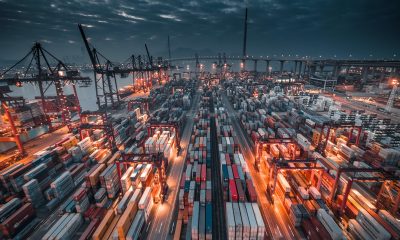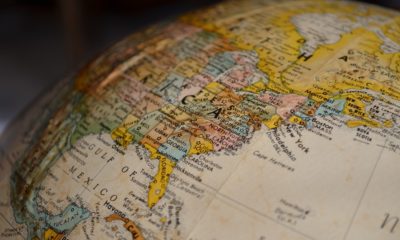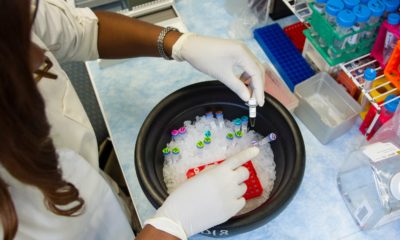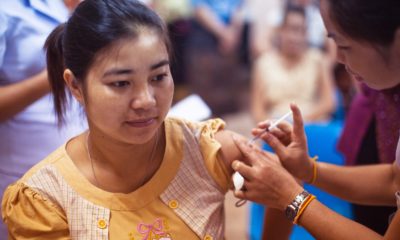Biotech
The Pharmaceutical Sector Takes a Stand for Globalization in These Uncertain Times
Asian dependence has become even more evident with Covid-19. China exports more than 40% of active pharmaceutical ingredients. Europe has gradually lost its leading position in API manufacturing. Europe and North America provide much of the advanced machinery and intangible know-how that supports the production of electronic products such as semiconductors, according to McKinsey.
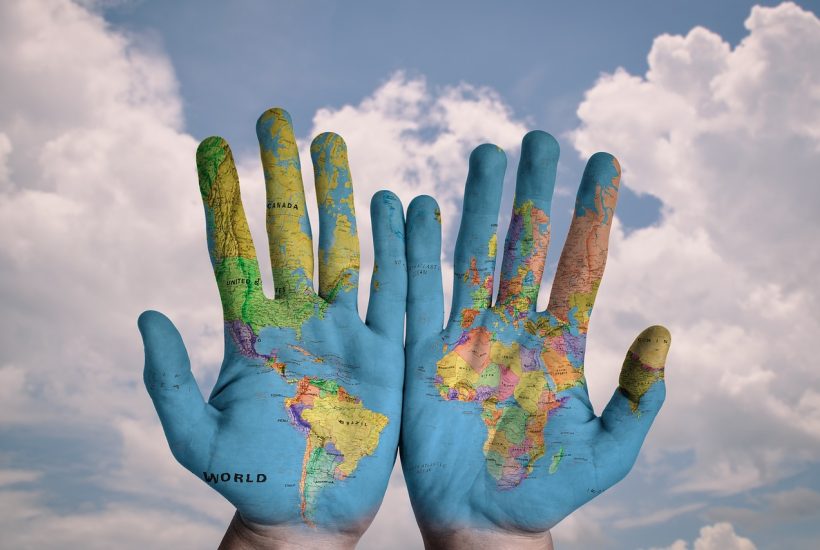
Global or local, that is the question. The Covid-19 pandemic, the Russian invasion of Ukraine, and the repeated tensions between the United States and China threaten a more deglobalized future. In fact, the fear of slowbalization and regionalism is palpable, as was evident at the last annual meeting of the World Economic Forum (WEF), held in the first half of the year. Amidst so much debate and back-and-forth, it seems that the pharmaceutical sector is making a stand in favor of a more global, more united, and more integrated world.
The relationship between Europe and Asia in the pharmaceutical sector is almost between parties whose understanding is or should be, inescapable. The Old Continent is the main export market for pharmaceuticals while relying primarily on Asia-Pacific for active pharmaceutical ingredient (API) inputs, according to the report Global flows: The ties that bind in an interconnected world, published by McKinsey.
According to data from the US consulting firm, Europe exports more than 25% of its pharmaceutical products to the rest of the world, while Central Asia and even sub-Saharan Africa import more than 25% of pharmaceuticals. Not only does McKinsey point out the Asian dependence in the production of APIs, but another report published by Teva points out that China is one of the major global powers, and 41% of the APIs required by the industry leave its borders for the rest of the world.
Read more on the subject and find out why the pharmaceuticals sector pleads for globalization with our companion app. Born2Invest’s team of journalists gathers the most interesting business news in a single mobile application. It’s impossible to keep up with everything you’re interested in, but our companion app will help you keep track of the important news. Our app is being updated throughout the day.
China exports more than 40% of active pharmaceutical ingredients
Asian dependence has become even more evident with Covid-19. Europe has gradually lost its leading position in API manufacturing, especially in the off-patent generics sector. Instead, the pharma industry has witnessed a consolidation of API manufacturing in Asia, a situation that was further exacerbated during the pandemic, when Europe’s dependence on such basic essential APIs as paracetamol became a glaring weakness.
Further evidence that the healthcare sector is dodging the ghosts of de-globalization and relying on this sort of more integrated world is related to the production of technology, also applied to the healthcare business.
Europe and North America provide much of the advanced machinery and intangible know-how that supports the production of electronic products such as semiconductors, according to McKinsey. Semiconductor technology plays an essential role in smart, connected wearable healthcare devices that keep patients out of hospitals.
In addition, the growing number of people suffering from diabetes is significantly supporting the growth of semiconductors in healthcare. According to the World Health Organization (WHO), about 422 million people have diabetes worldwide, and the number is rising, leading to an increase in sales of a glucometer, for example.
Thus, the world appears to remain deeply interconnected and trade flows have proven remarkably resilient during the most recent economic and social turbulence. McKinsey notes in his report that the challenge is to “harness the benefits of interconnectedness while managing the risks and downsides of dependence.”
__
(Featured image by stokpic via Pixabay)
DISCLAIMER: This article was written by a third party contributor and does not reflect the opinion of Born2Invest, its management, staff or its associates. Please review our disclaimer for more information.
This article may include forward-looking statements. These forward-looking statements generally are identified by the words “believe,” “project,” “estimate,” “become,” “plan,” “will,” and similar expressions. These forward-looking statements involve known and unknown risks as well as uncertainties, including those discussed in the following cautionary statements and elsewhere in this article and on this site. Although the Company may believe that its expectations are based on reasonable assumptions, the actual results that the Company may achieve may differ materially from any forward-looking statements, which reflect the opinions of the management of the Company only as of the date hereof. Additionally, please make sure to read these important disclosures.
First published in PlantaDoce, a third-party contributor translated and adapted the article from the original. In case of discrepancy, the original will prevail.
Although we made reasonable efforts to provide accurate translations, some parts may be incorrect. Born2Invest assumes no responsibility for errors, omissions or ambiguities in the translations provided on this website. Any person or entity relying on translated content does so at their own risk. Born2Invest is not responsible for losses caused by such reliance on the accuracy or reliability of translated information. If you wish to report an error or inaccuracy in the translation, we encourage you to contact us.

-

 Biotech2 weeks ago
Biotech2 weeks agoTwogee Biotech Advances Industrial Enzyme Solutions for Circular Production
-

 Crypto4 days ago
Crypto4 days agoUniswap and BlackRock Partner to Launch BUIDL in DeFi
-

 Cannabis2 weeks ago
Cannabis2 weeks agoScientifically Verified F1 Hybrids Set New Benchmark for Indoor Cannabis Yield and Consistency
-

 Fintech7 days ago
Fintech7 days agoImpacta VC Backs Quipu to Expand AI-Driven Credit Access in Latin America
